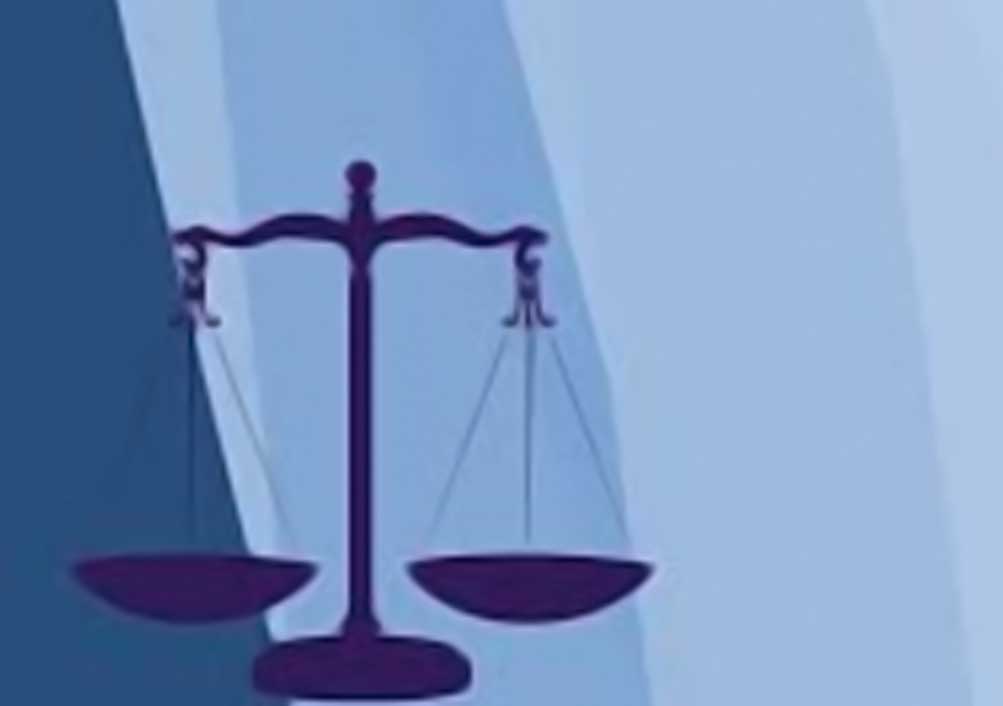In case of conflict between procedural law & interest of substantial justice, Court has to lean towards latter: P&H HC while allowing cross-examination of sole witness left to be examined due to misunderstanding of adjourned date

Read Order: Hari Pal Singh @ Hari Paul Singh through Special Power of Attorney Sukhjinder Singh v. Gian Singh
Monika Rahar
Chandigarh, February 23, 2022: In a revision petition, while granting the petitioner one more effective opportunity to cross-examine the witness of the other party before the Trial Court, the Punjab and Haryana High Court has held in case of conflict between the procedural law and the interest of substantial justice, the Court has to lean towards the interest of the substantial justice.
The Bench of Justice Rajbir Sehrawat made the above-mentioned observation while reiterating the settled position of law that the procedural law is handmade to advance the disbursal of substantial justice.
In this case, the petitioner filed a revision petition before the High Court under Article 227 of the Constitution of India for setting aside the impugned order passed by the trial Court, whereby the opportunity to the petitioner to cross-examine the PW/plaintiff was treated as Nil. The petitioner also sought setting aside the order of the Trial Court, whereby his application for recalling the plaintiff for cross-examination was dismissed.
The counsel for the petitioner submitted that after framing the issues in the case, the first date for the examination of the witnesses of the plaintiff was October 22, 2019. On that day, one PW was examined-in-chief. The cross-examination of the said witness was deferred at the request of the counsel for the present petitioner. The case was adjourned for November 14, 2019. However, on that day the plaintiff did not present his witness for cross-examination, although the counsel for the present petitioner-defendant was present before the Court.
The counsel further submitted that the case was then adjourned to December 2019, however, because of the wrong presumption about the date fixed in the case, the counsel for the present petitioner could not come before the trial Court. Hence, the cross-examination of the sole witness, present on that day, could not be conducted. The counsel pleaded that the default in cross-examining the said witness was not intentional on the part of the petitioner.
After having considered the arguments of the petitioner’s Counsel and perusing the facts of the case, the court observed that the petitioner was lacking in vigilance, at least, to some extent in conducting the cross-examination of the witnesses of the other side, but at the same time, the court was of the opinion that the default of petitioner was not of such grave degree as to warrant the action of depriving him of the opportunity to cross-examine the other side.
Also, the Court added that if the petitioner was deprived of an opportunity to cross-examine the witness of the other side, his case is likely to be prejudiced to any extent.
Therefore, the impugned orders passed by the Trial Court were set aside.
Sign up for our weekly newsletter to stay up to date on our product, events featured blog, special offer and all of the exciting things that take place here at Legitquest.




Add a Comment